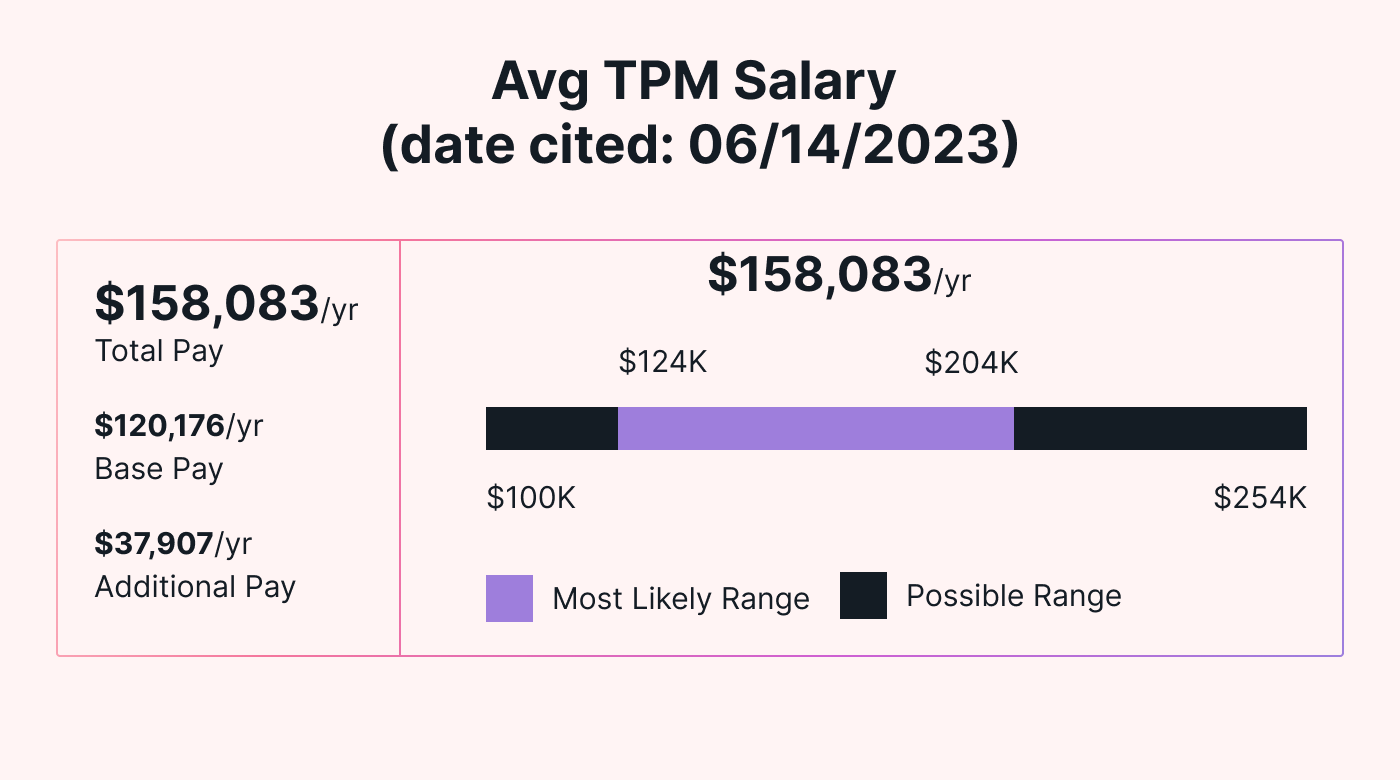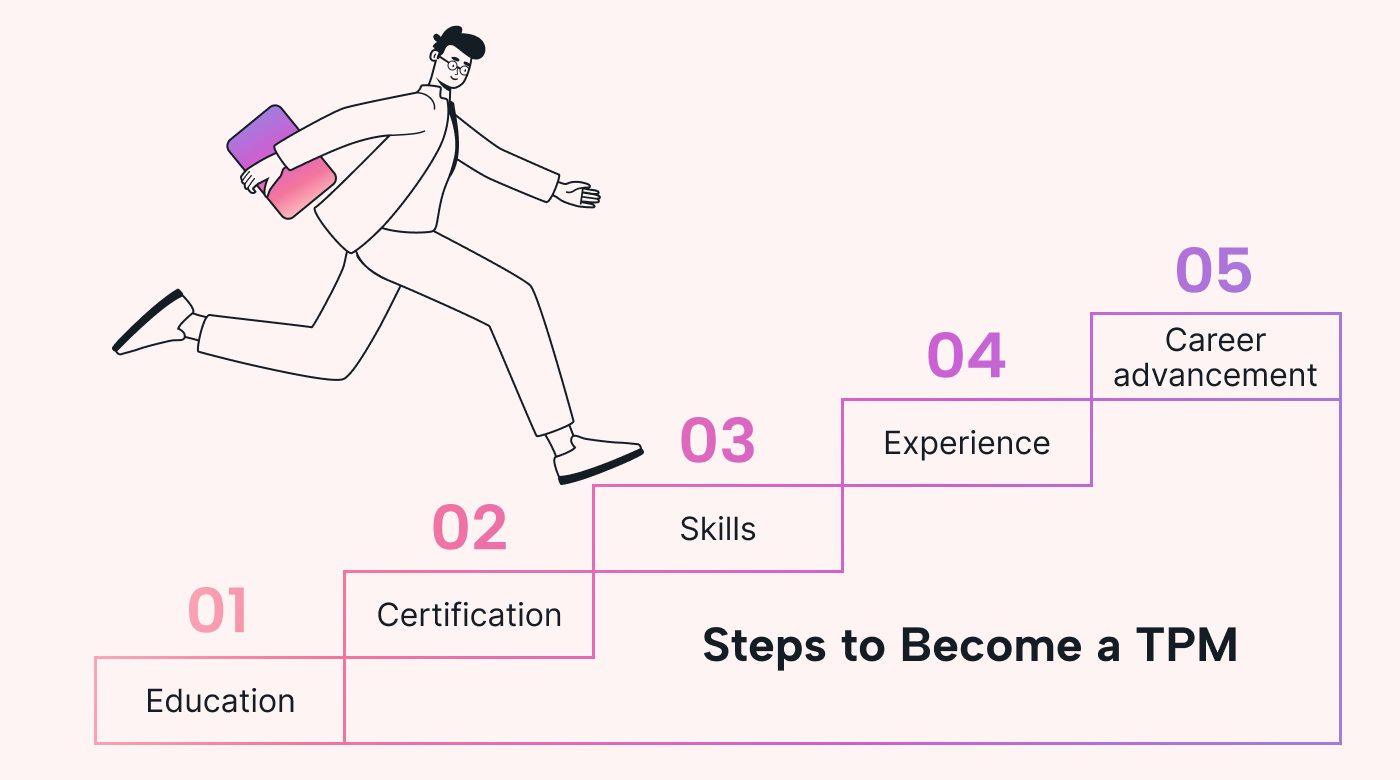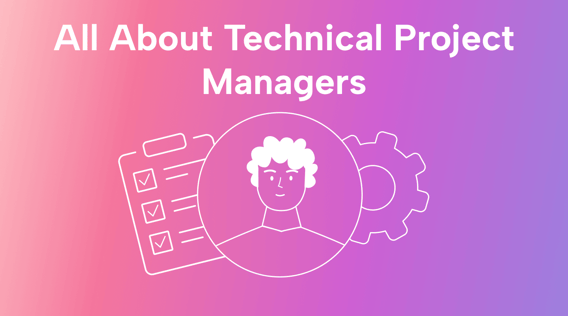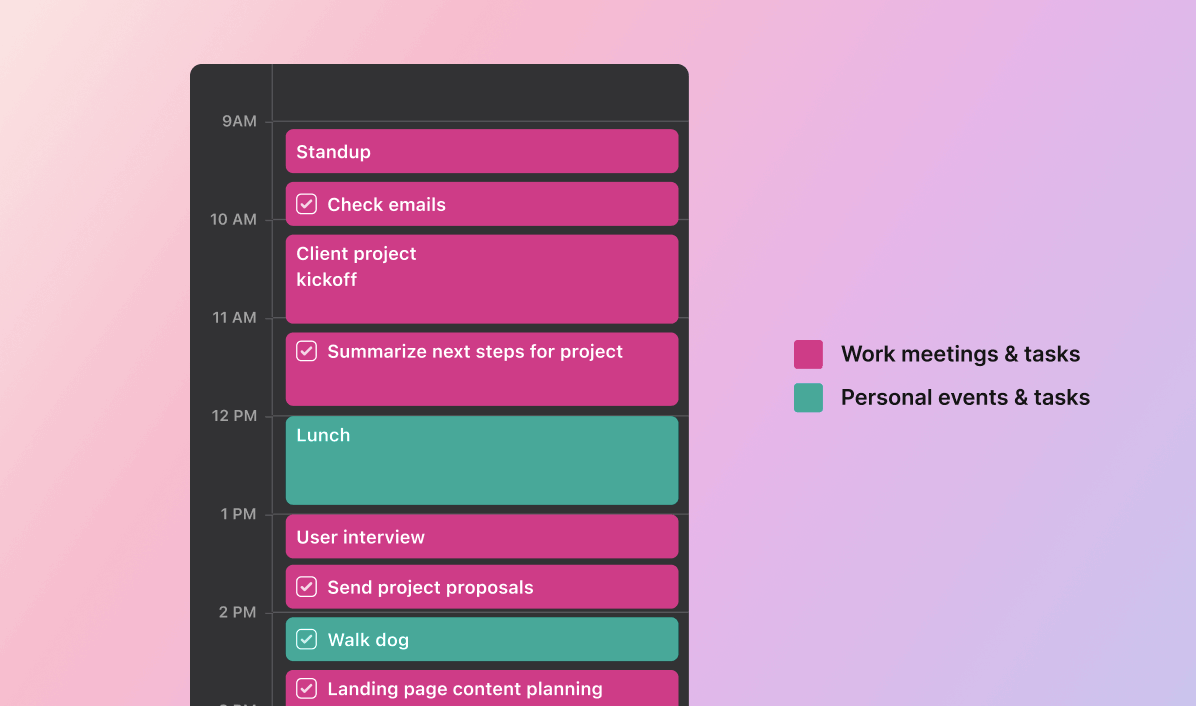Why are technical project manager roles all the rage lately? Curious about why they are in demand and how much they earn?
In this article, we'll unravel the secrets of being and becoming a successful technical project manager. We'll also:
- Show you how much they are earning
- Detail the knowledge, experience, and certifications required
- Discuss what technical project management skills are
- Explore what tools they are using
And last but not least, we'll explain how Motion can help with this demanding role.
Let's go!
What are technical projects?
Technical projects drive progress, shape our world, and push the boundaries of what is possible through technology. They aim to achieve high-quality objectives and use advanced technical skills, knowledge, and solutions.
Here are a few examples of technical projects:
- Construction of high-rise buildings: Managing the construction of tall structures with advanced engineering.
- Satellite deployment: Launching satellites for communication and scientific research.
- High-speed rail project: Building and implementing high-speed train networks for efficient transportation.
- Research and development: Conducting scientific research to develop new technologies and innovations.
- Automotive design and prototyping: Creating cutting-edge vehicle designs and prototypes.
- Film special effects: Integrating technical effects to enhance movie scenes.
- Telecommunication network expansion: Expanding and upgrading telecommunication networks for improved connectivity.
Technical projects require specialized knowledge and expertise in a particular field of technology.
What is a technical project manager?
A technical project manager (TPM) is a professional who leads and manages technical projects using their specialist know-how. Unlike traditional project managers, TPMs have a deeper grasp of their specific domains, like engineering.
TPMs are crucial in tech projects because they understand the technical components at a high level. They also act as a bridge between tech teams and stakeholders to make sure everyone understands and works in harmony.
TPMs must also analyze data, execute strategic maneuvers, and often manage cross-functional teams.
Besides their managerial role, TPMs are hands-on leaders who aren't afraid to dive into the technical side of the project. They roll up their sleeves and work alongside the team, offering practical solutions and support to tackle challenges. Their willingness to get involved in the nitty-gritty of the project fosters trust and respect among team members and clients.
IT project manager vs. technical project manager
Often there’s a mix-up between IT and technical project managers; they’re quite different.
An IT project manager oversees projects related to information technology. They specialize in managing IT resources, ensuring tasks follow schedule, staying on budget, and align with project goals. IT project managers focus on the technical aspects of IT projects and collaborate with IT teams, stakeholders, and vendors.
A technical project manager, on the other hand, possesses technical expertise in a broader domain. Technical project manager jobs command a higher salary due to their more comprehensive range of expertise.
How much does a TPM earn?
Technical project managers command competitive salaries, making them an attractive career choice. According to Glassdoor, the median pay for TPMs in the US is currently around $158,083 per year.
 |
On average, a TPM earns around $120,176 annually, with an estimated additional pay of $37,907. Further compensation may come in cash bonuses, commissions, tips, profit sharing, and other contributions.
Here's a breakdown of average technical project manager salary packages based on experience:
- Junior TPMs with 1–2 years of experience earn from $59,000 to $128,000 annually.
- Mid-level pros with 3–5 years of experience can expect around $70,000 to $162,000 annually.
- Senior TPMs with 7–10 years of experience earn around $97,000 to $250,000 annually.
The top three paying companies for TPMs in the US are:
- Google: pays top TPMs up to $270,000 per year.
- Meta: offers about $250,000 per year.
- Apple: TPMs can expect to make around $230,000 per year.
TPMs at these companies enjoy rewarding careers and financial incentives for their expertise and hard work. These companies and many more aim to attract and retain top talent and view them as critical to business success.
Of course, the compensation package depends on location, experience level, and many other factors.
What’s involved in being a TPM?
TPMs can sometimes face a multitude of challenges in their commanding roles. Three key challenges include:
- Managing diverse stakeholders while aligning with project goals.
- Resolving conflicts and differing opinions among team members or stakeholders.
- Handling project uncertainties such as changing requirements or unforeseen risks.
On the flip side, the role of a TPM is rewarding with numerous fulfilling aspects:
- Success brings a great sense of accomplishment and satisfaction.
- Career growth opportunities come with experience gained.
- Their impact on organizational success will mean they are of high value to that company and industry.
 |
On a project lifecycle level, TPMs use technical acumen and project management skills. They handle various project responsibilities, such as:
- Supervising project timelines to keep an eye on project milestones and deliverables.
- Working with cross-functional teams to define clear project objectives, scope, and requirements.
- Conducting risk assessments and developing mitigation strategies to address them.
- Monitoring project progress, identifying bottlenecks, and resolving issues that may arise.
- Facilitating seamless communication and coordination among team members.
- Conducting regular meetings with team members and stakeholders to give updates on project status.
- Tracking project budgets and resource allocation to stay on top of the scope.
- Implementing project management methodologies and industry best practices to drive project success.
How do you become a TPM?
In pursuing this career, there are many considerations to keep in mind, such as education, experience, certifications, and skills.
 |
Let’s see how to do this.
Get certified in technical project management
To become a TPM, you need at least a bachelor's degree in either engineering, project management, or any relevant technical field. You should also consider pursuing a master's degree for added specialization and more knowledge.
Next, consider obtaining project management certifications from PMI or Agile institutions or other certification. Certifications that'll boost your credibility are:
- Project Management Professional (PMP)
- PRINCE2 Practitioner
- Certified Scrum Master (CSM)—for Agile technical project managers
- SAFe Agilist (SA)—for Agile technical PMs with many Agile projects to manage
Soft skills needed to be a Technical Project Manager
Soft skills for this role can vary from domain to domain, but there are a few common ones that we can focus on.
- Communication: Attend workshops and practice giving clear project updates.
- Leadership: Take the lead in projects and seek mentorship from experienced leaders.
- Teamwork: Engage in team-building activities and learn how to foster collaboration.
- Problem-solving: Analyze project challenges, brainstorm innovative solutions, and seek feedback.
- Adaptability: Learn and practice various Agile methods.
- Negotiation: Attend negotiation workshops, study negotiation techniques, and practice.
- Emotional intelligence: Reflect on emotions during challenging situations, develop self-awareness, and cultivate empathy.
Hard skills needed to be a Technical Project Manager
Most hard skills are taught with certifications and through official institutions like the ones we mentioned. To give you an idea of the most critical ones, take a look at this list:
- Time management
- Risk management
- Budgeting and resource allocation
- Analytical skills
- Problem-solving and decision-making
- Quality management
- Technical knowledge – domain-specific knowledge conferred by education and experience
- Using project management tools
- Stakeholder management
- Contract and vendor management
Gain experience as a TPM
To gain the necessary experience as a TPM, you should seek opportunities to work on projects in your field of technical expertise. Take on management responsibilities in your current role, or volunteer for leadership roles.
You’d want a technical project manager role within the field you want to specialize in. If you can’t get the project manager role, join a technical team as a lower-level manager. The key is to stay within your technical scope and gather experience from there.
You’ll also want to work at high-performing companies or agencies to build your reputation.
Set up a portfolio and resume and apply for jobs
Set up a portfolio and resume and showcase your successful project management experience, relevant certifications, and specific achievements.
Next, apply for a relevant job. Use job search platforms, company websites, and professional networks to find suitable TPM roles. The Talent Gap report by PMI indicates a robust job market from now until at least 2030, making this an opportune time to apply and secure rewarding TPM positions.
Tools of the trade
As a TPM, familiarity with Agile tools helps to manage technical projects that can be delivered iteratively. Learn and practice Agile methods like Scrum and Kanban, and use tools like Sprints, Retrospectives, and Kanban boards.
Sprints help TPMs gather iterative feedback, which they can apply on the go. Retrospectives help to reflect on past sprints and can help improve past processes in a technical project. Kanban boards visually represent workflow stages and can help TPMs to manage tasks or spot any bottlenecks.
Using project management software can help TPMs drive challenging projects.
Motion can help technical project managers
Motion (a top-notch PM app) offers a range of beneficial features for TPMs and their projects.
🗓️ Motion's integration with popular calendars helps TPMs to plan meetings using AI to find the most appropriate times.
📝 With Motion's task planner, TPMs can prioritize tasks based on priority, hard and soft deadlines, and team availability. The intelligent AI takes over from there and assigns work to respective team members, freeing up time for hands-on work. The AI also takes care of the micromanagement of tasks and can reschedule and optimize the flow of work for TPMs and team members.
📊 Its analytics help to track project progress and provide a quick reference for data-driven decisions.
✅ Motion's coordination capabilities, including cross-time zone scheduling, help facilitate efficient cross-functional and international teamwork.
Sign up for your 7-day free trial today.






